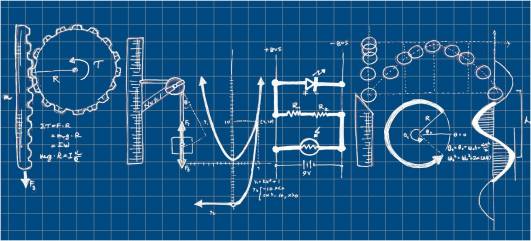Hello,

1) Cosmology: studies the universe as a whole, how it has changed and will change.
2) Astrophysics: explores how the universe works by studying the single parts it is made of
3) Geophysics: studies how the Earth and its surrounding work together and separately
4) Biophysics: studies the living creatures on Earth
5) Atomic physics: studies the all the living and non-living matter by looking closely at is smallest part
6) Nuclear physics: This goes even further in depth as it doesn’t merely look at atoms, but at their nucleus. It also deals with radioactivity, nuclear fusion and so on. Everything that happens at a nuclear level.
7) Chemical physics: it looks at phenomena in relations to chemistry
8) Medical physics: it deals with physics principles applied to medicine (such as prevention, diagnosis and treatment)
In addition, physics studies are related to these fundamental subjects which are essential to the understanding of the different branches:
1) Mechanics
2) Relativity
3) Electromagnetism
4) Thermodynamics
Plus, you can also find sub branches. If you look at ‘Mechanics’ for example, there is also Classical Mechanics, Quantum Mechanics and Statistical Mechanics. It’s important to see all these fields and categories not as separate but as interrelated. You couldn’t understand one without having at least some basics knowledge about another.
Hope this helps!